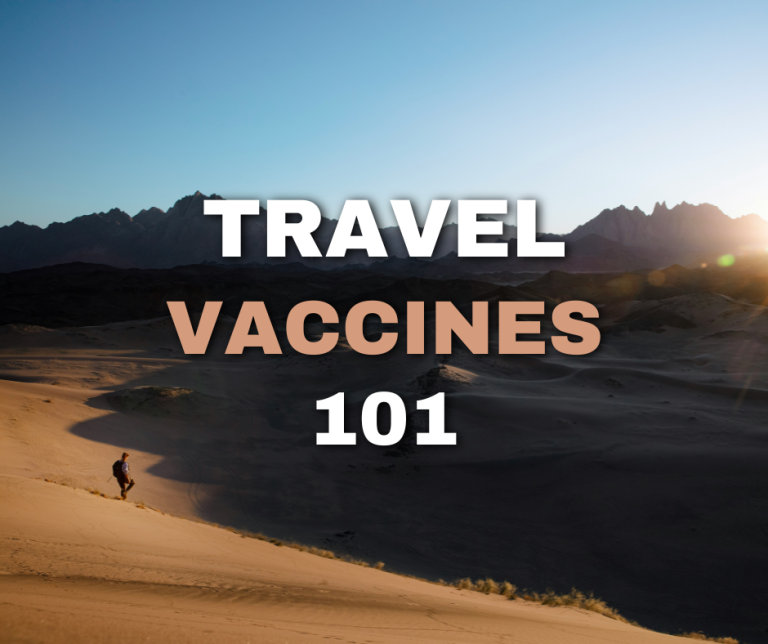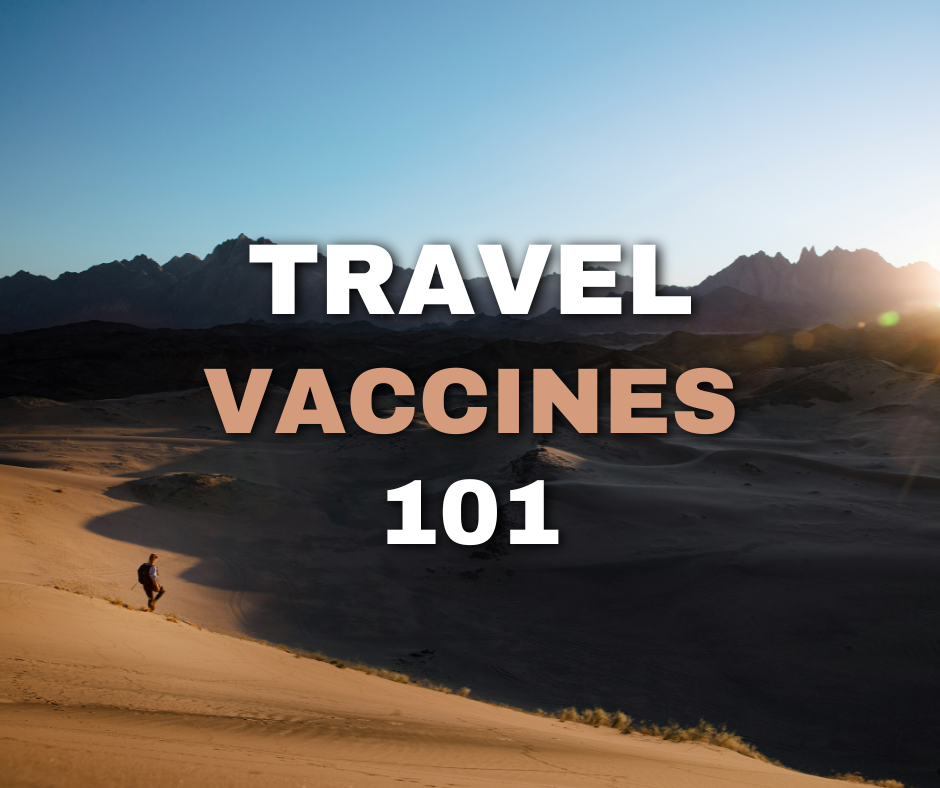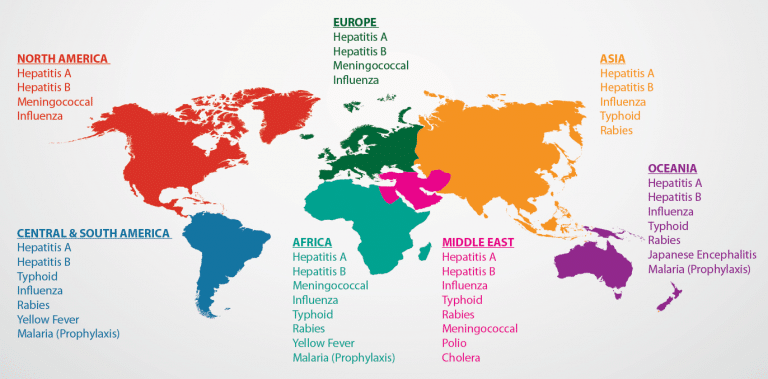
What travel vaccines do I need?
What Travel Vaccines Do I Need as a Canadian Traveler? Traveling is life’s greatest joys! However, exploring the world can sometimes expose you to health

Traveling is life’s greatest joys! However, exploring the world can sometimes expose you to health risks, especially in regions where certain diseases are more prevalent. As a Canadian traveler, understanding what travel vaccines you need is essential to staying safe and healthy abroad.
Well, we all know that Travel vaccines protect against diseases that may not be common in Canada but are prevalent in other parts of the world. They help your body build immunity and minimize the risk of contracting serious illnesses like yellow fever, typhoid, or hepatitis A.
The vaccines you need depend on several factors, including:

Here are some commonly recommended travel vaccines:
1. Routine Vaccines
Ensure your routine immunizations are up to date before traveling. These include:
2. Hepatitis A and B
3. Typhoid
4. Yellow Fever
5. Rabies
6. Japanese Encephalitis
7. Cholera
Depending on the region you travel to, you are at risk of contracting the following diseases:

As a Canadian traveler, preparing for your trip involves more than just packing your travel outfits and your bikini. Ensuring you’re up to date on necessary travel vaccines is a critical step in safeguarding your health. By researching your destination and consulting with a healthcare provider, you can enjoy your adventures worry-free.
Safe travels! 🌍

What Travel Vaccines Do I Need as a Canadian Traveler? Traveling is life’s greatest joys! However, exploring the world can sometimes expose you to health

Those are 2 questions that we frequently have In the travelling world. In today’s digital age, it’s easy to assume that booking a trip online

Which Travel Credit Card is the Best for Your Adventures? Traveling opens doors to unforgettable experiences. A good travel credit card can make your journeys

The Maldives, a tropical heaven in the heart of the Indian Ocean, is renowned for its pristine white-sand beaches, crystal-clear turquoise waters, and vibrant coral

Think you know all about travel? Think again! Travel comes with plenty of assumptions, whether it’s about backpacking, all-inclusive resorts, or solo trips. From believing

Sri Lanka has become a popular destination for surfers of all levels, offering a diverse range of surf breaks along its coastline If you’re an
A community based on sharing tips and experiences on the different destinations of the world.